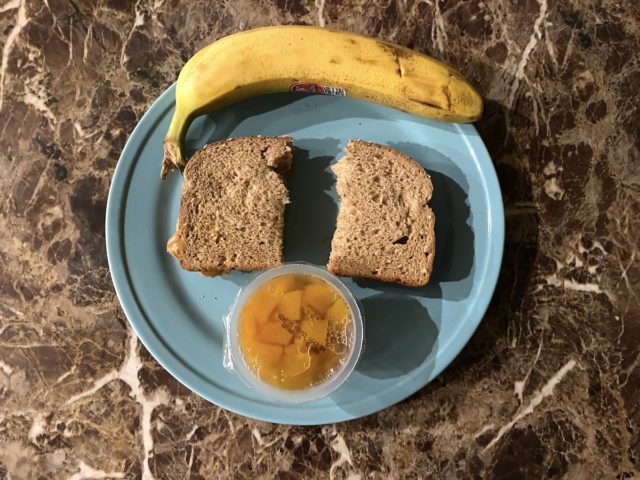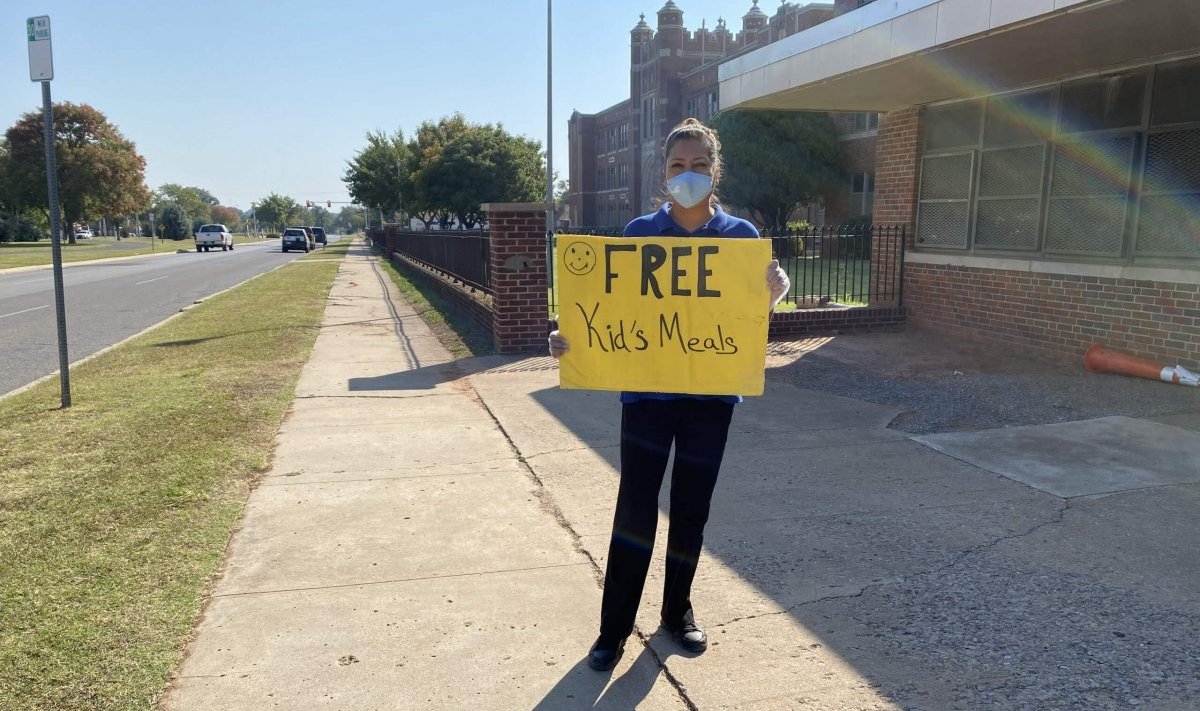

The Oklahoma State Department of Education has deemed $1.6 million in claims for federal funds at child nutrition sites to be “fraudulent” since April 2020. OSDE leaders said the alleged fraud does not involve any school district directly and that the issue is currently being investigated by federal authorities.
“It was an attempt to defraud the system and gain federal funds in a scheme that was uncovered,” State Superintendent of Public Instruction Joy Hofmeister said. “It is being investigated by federal authorities and certainly is in the criminal division.”
Hofmeister said the fraudulent claims came from child-care sites and that no public school districts were involved.
“When these bad actors have been found to have completed fraud or attempted fraud, they are no longer able to participate in these federal programs,” Hofmeister said. “We’ve gone through that due process hearing and they have exhausted their appeals and therefore now, with this (administrative law judge) ruling, they’re out of participation for the future.”
Hofmeister said an example of the activity in question was the submission of a PDF invoice that had been altered to make it appear as though an entity had ordered and purchased a much higher volume of milk to feed hundreds of thousands of people. When OSDE subpoenaed the records, investigators were able to see that the invoice did not match the records from the dairy.
“We’re talking about hundreds of thousands of dollars in a single invoice like this. That’s a scheme to deceive and commit fraud,” Hofmeister said. “There’s a difference with the regulation and someone being new to a position and making an error in a claims submission. That is corrected and can even be deducted from future reimbursements, but that’s a very different thing from a scheme to commit fraud.”
NonDoc requested a list of the child care providers involved in the fraudulent activity, but Hofmeister said she could not release the information owing to the active investigation from federal law enforcement.
“It’s currently being investigated by federal authorities, so we can’t disclose anything that would impede an investigation,” Hofmeister said.
Hofmeister said the collections department within her Office of Child Nutrition will continue to collect the outstanding funds. If the problematic funds can’t be recovered by the OSDE, the agency will turn the issue over to the Oklahoma Attorney General’s Office, which would make another attempt at collections before sending a letter to the U.S. Department of Agriculture.
“We had a check written and dropped to the department for $16,000 to repay what should not have been reimbursed by (a) provider just this month,” Hofmeister said.
Catching fraudulent activity
Federal funds from the U.S. Department of Agriculture are used to subsidize child nutrition programs.
RELATED
‘We’re the biggest restaurant in Oklahoma’: Curbside meals keep OKCPS students fed by Megan Prather
Over the past year, the USDA had extended flexibilities to program providers to allow child feeding sites, which include public schools, day cares, juvenile centers, after-school programs and stand-alone summer feeding programs, to offer to-go meals so children wouldn’t have to eat in congregated settings.
Participation in OSDE’s Summer Food Service Program increased by more than 700 percent this year owing to the pandemic, with more than 13 million meals served to children from May through August 2020. That’s a stark uptick from the 1.6 million meals served during the same time period in 2019.
Hofmeister’s department provides oversight of child-feeding sites, and she said the cases of fraudulent activity were discovered through a series of accountability measures implemented in 2016.
According to an OSDE press release, regulations and accountability measures include:
- A “VCA” checklist — OSDE requires that all applicants be financially viable and have administrative capability and program accountability. Applicants must submit financial information and demonstrate capacity for polices and procedures to operate programs according to regulations.
- Validations for high-risk claims — Through a rubric that determines high-risk claims, OSDE requires entities to submit records to verify irregular claims. This is required in addition to the review process, typically in a non-review year.
- Site approvals — Entities must receive OSDE approval to add a feeding site to its program to ensure capacity and viability.
- Site agreements — If a sponsor contracts with a site to serve meals, OSDE requires a written site agreement to avert procedural difficulties.
- Training — OSDE requires entities to attend trainings if they receive a review deemed seriously deficient. All entities reapplying for FY22 must attend training prior to approval.
- Frequent reviews for high-risk claims — OSDE reviews entities more often if previous review results are irregular. Entities deemed seriously deficient are reviewed again in the next fiscal year to ensure all areas are fully and permanently corrected.
- Identity checks — OSDE requires additional documentation to confirm identity of applicants or authorized representatives of program entities.
“We don’t want it lost in this story that there are thousands of people involved in doing really important work for students facing food insecurity in Oklahoma,” Hofmeister said. “But, there’s another side to this and it’s important to know that the systems we put in place are working and Oklahoma is actually in the leading edge of detecting schemes to commit fraud with federal funds.”
Follow @NonDocMedia on:
(Clarification: This article was updated at 6:30 a.m. Thursday, June 10, to clarify the source of a “ruling” referenced by Hofmeister.)





















